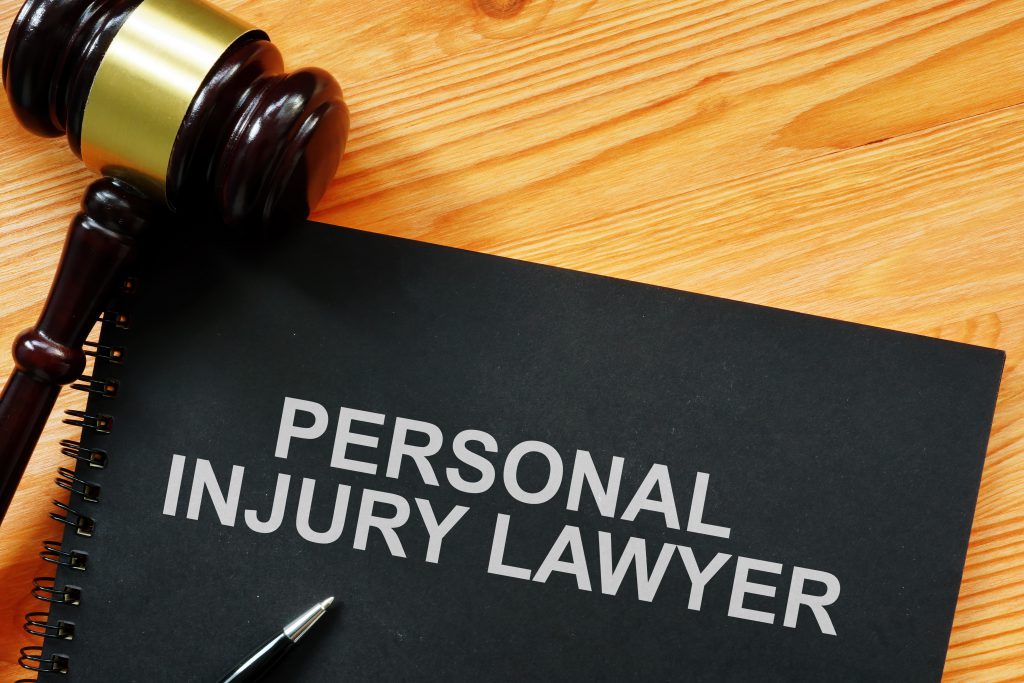Effective Criminal Defense Strategies Revealed

In the intricate world of criminal law, understanding criminal defense strategies can mean the difference between freedom and incarceration. The right defense can mitigate consequences, negotiate plea bargains, or even achieve acquittals. The stakes are high, and so is the need for effective strategies.
Understanding the Legal Framework
A robust defense begins with a thorough understanding of the legal framework. Mastery of procedural and substantive law is fundamental. This includes understanding the burden of proof, evidentiary standards, and the rights afforded to the accused under the Constitution.
The Importance of Pre-Trial Motions
Pre-trial motions play a critical role in shaping the trajectory of a case. They can exclude inadmissible evidence, challenge the legality of searches and seizures, and even dismiss charges entirely. Defense attorneys often file motions to suppress evidence obtained unlawfully, arguing violations of the Fourth Amendment.
Crafting a Compelling Narrative
One of the most effective criminal defense strategies involves crafting a compelling narrative. Jurors are influenced by stories that resonate with them on a personal level. Defense attorneys must present their clients’ stories in a way that evokes empathy and understanding. This narrative should highlight the defendant’s humanity, background, and circumstances leading to the alleged crime. A well-crafted story can create reasonable doubt in the minds of jurors.
Witness Examination and Cross-Examination
The art of witness examination and cross-examination cannot be overstated. Effective questioning can expose inconsistencies in the prosecution’s case, undermine the credibility of witnesses, and reinforce the defense’s narrative. Defense attorneys must meticulously prepare for both direct examination of their witnesses and the cross-examination of the prosecution’s witnesses. The goal is to challenge the reliability and truthfulness of the prosecution’s evidence.
Utilizing Expert Witnesses
Expert witnesses can provide critical testimony that supports the defense’s theory of the case. These witnesses bring specialized knowledge that can explain complex scientific, medical, or technical issues to the jury. For example, forensic experts can challenge the validity of DNA evidence, while mental health professionals can offer insights into the defendant’s state of mind.
Negotiating Plea Bargains
While many view trials as the epitome of criminal defense, negotiating plea bargains is equally important. Plea bargains can result in reduced charges, lighter sentences, or alternative sentencing options. A skilled defense attorney evaluates the strength of the prosecution’s case and the potential risks of going to trial. They negotiate terms that best serve their client’s interests while ensuring that the plea deal is fair and just.
The Role of Character Witnesses
Character witnesses can attest to the defendant’s good character and reputation in the community. Their testimony can provide a counterbalance to the prosecution’s portrayal of the defendant as a criminal. These witnesses, who might include family members, friends, employers, or community leaders, can offer personal insights that humanize the defendant and highlight their positive attributes.
Addressing and Exploiting Prosecution Weaknesses
Identifying and exploiting weaknesses in the prosecution’s case is a cornerstone of criminal defense strategies. This involves scrutinizing every piece of evidence, every witness statement, and every procedural step taken by the prosecution. Inconsistencies, errors, and overreach by the prosecution can be leveraged to the defense’s advantage. A thorough and critical examination can uncover flaws that undermine the prosecution’s narrative.
Emotional and Psychological Preparation
Defending against criminal charges is as much about emotional and psychological preparation as it is about legal strategy. Defense attorneys must prepare their clients for the emotional toll of a criminal trial. This includes helping them manage stress, anxiety, and fear. A well-prepared defendant can present themselves more confidently and coherently in court, which can positively influence the jury’s perception.
Continuous Legal Education and Adaptation
The landscape of criminal law is continually evolving. Effective defense attorneys stay abreast of legal developments, emerging trends, and new precedents. Continuous legal education and adaptation ensure that defense strategies remain relevant and effective. This commitment to learning enables attorneys to incorporate innovative techniques and arguments into their practice.


:max_bytes(150000):strip_icc()/burnout-businesswoman-under-pressure-in-the-office-934420224-5c4f1ccdc9e77c0001f3234c.jpg)

